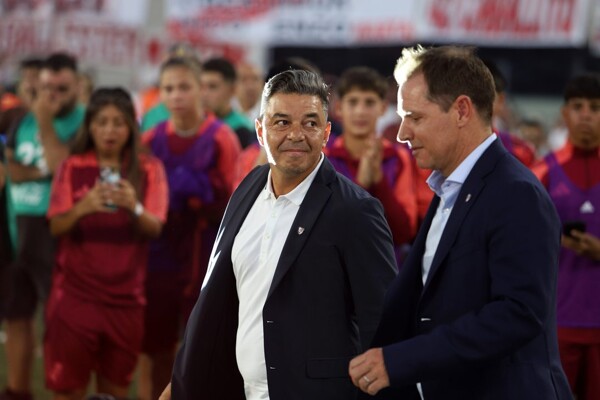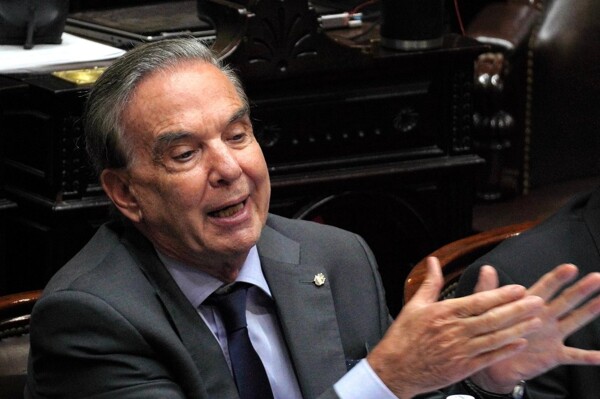
The Deputies in Argentina have approved the suspension of the primary elections (PASO) in a bill known as Electoral Strengthening, which now goes to the Senate. The measure received 162 votes in favor, 55 against, and 28 abstentions. The proposal seeks to allow political parties to organize candidate lists for the national elections on October 27 without citizen participation.
Official legislator Nicolás Mayoraz defined the PASO as "an expensive poll" that did not improve institutional quality. On the other hand, national deputy from the UCR, Fabio Quetglasse, opposed the electoral reform, claiming it gives "all the power to the pen." In contrast, Martín Arjol from the Radical Civic Union defended the suspension of the PASO, emphasizing that after the efforts of Argentines to face the crisis, it's now time for politics.
During the session, the division within opposition blocks was evident, with Unión por la Patria fractured and several deputies reflecting diverse stances. The suspension of the PASO also faces criticism from other political sectors. However, the project is advancing, which could benefit the Buenos Aires governor, Axel Kicillof, who had considered advancing the legislative elections in his province.
The president of the Encuentro Federal bloc, Miguel Ángel Pichetto, supported the measure arguing that the PASO generated institutional fragility in the country after the 2019 presidential elections. The suspension of these primary elections is seen as a way to reduce political spending and electoral campaign time. The discussion on the advisability of the elimination of the PASO shows various positions in the Argentine political environment, reflecting a heterogeneous and complex reality in terms of agreements and disagreements.













